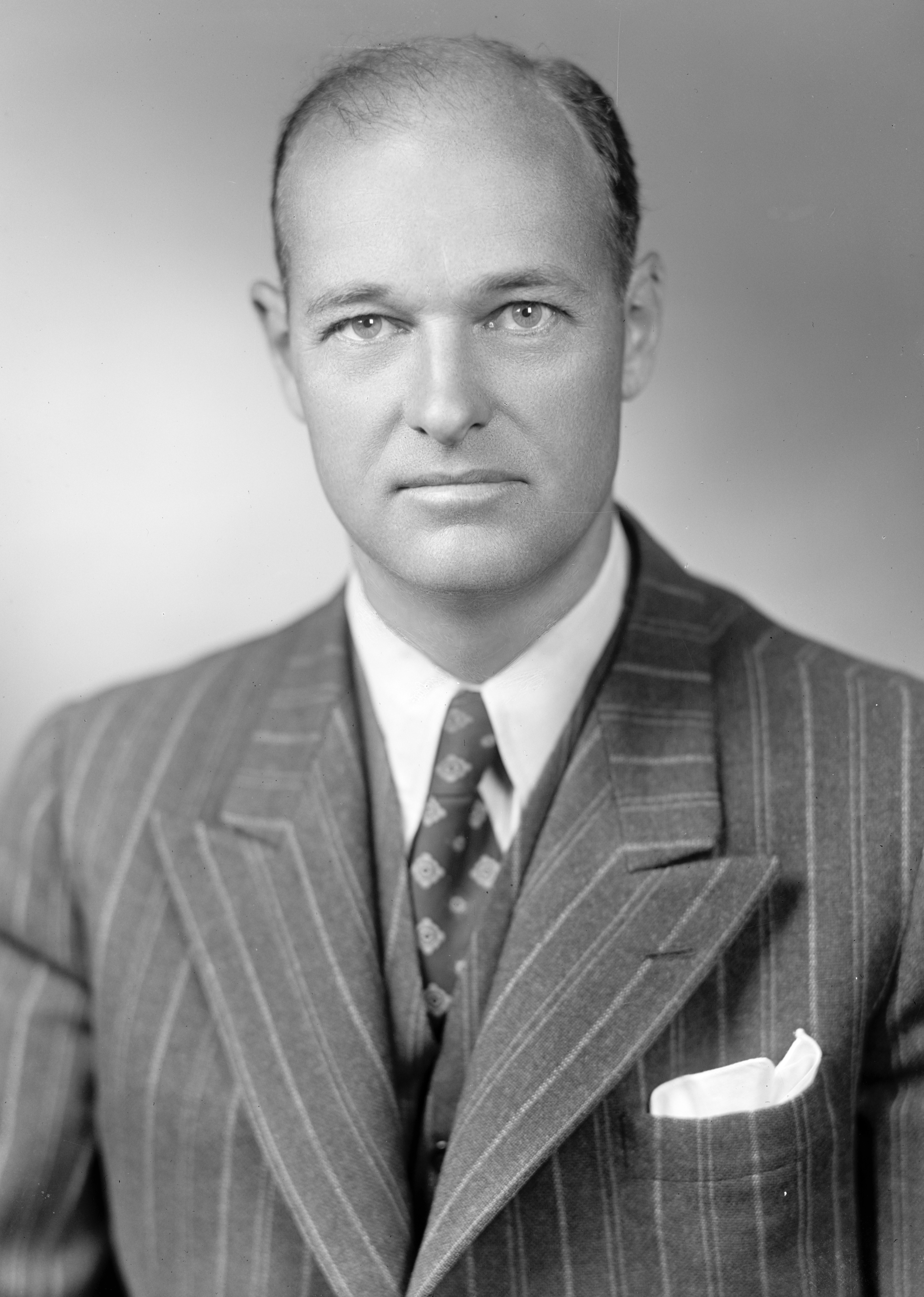George Kennan frases e citações
Reading, in contrast to sitting before the screen, is not a purely passive exercise. The child, particularly one who reads a book dealing with real life, has nothing before it but the hieroglyphics of the printed page. Imagination must do the rest; and imagination is called upon to do it. Not so the television screen. Here everything is spelled out for the viewer, visually, in motion, and in all three dimensions. No effort of imagination is called upon for its enjoyment.
Citado no artigo “American Addictions” no New Oxford Review (Junho 1993)
George Kennan: Frases em inglês
As quoted in Kennan and the Art of Foreign Policy (1989) by Anders Stephanson, p. 160
From Russia and the West under Lenin by George Kennan (1960)
October 17-21, 1949
The Kennan Diaries
VII. Far East
Memo PPS23 (1948)
January 23, 1952
The Kennan Diaries
As quoted in The New York Times (27 May 1984)
January 27, 1948
The Kennan Diaries
April 17, 1951
The Kennan Diaries
As quoted in "George Kennan Speaks Out About Iraq" at History News Network (26 September 2002)
“Fig leaves of democratic procedure to hide the nakedness of Stalinist dictatorship.”
On postwar accords regarding Eastern Europe, as quoted in The Wise Men (1986) by Walter Isaacson and Evan Thomas
As quoted in "George Kennan Speaks Out About Iraq" at History News Network (26 September 2002) http://hnn.us/articles/997.html
“A guest of one's time and not a member of its household.”
Referring to himself, as quoted in Political Realism in American Thought (1977) by John W. Coffey, p. 26
Fonte: As quoted in US-Soviet Relations : The First 50 Years WNET TV {17 April 1984)
Written about an incident where hot water was pumped from a switch engine on the next track into a diplomats sleeping-car; as quoted in George Kennan and the Dilemmas of US Foreign Policy (1988) by David Allan Mayers, p. 30
